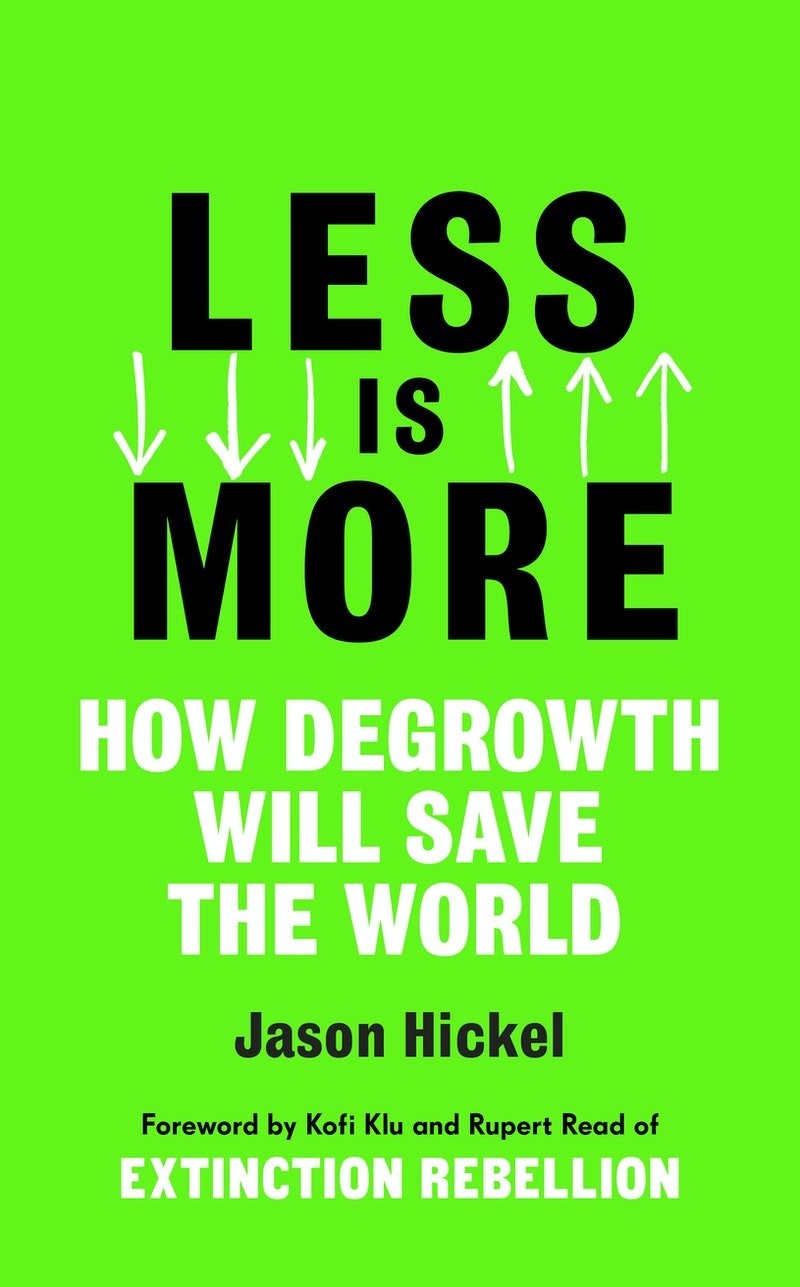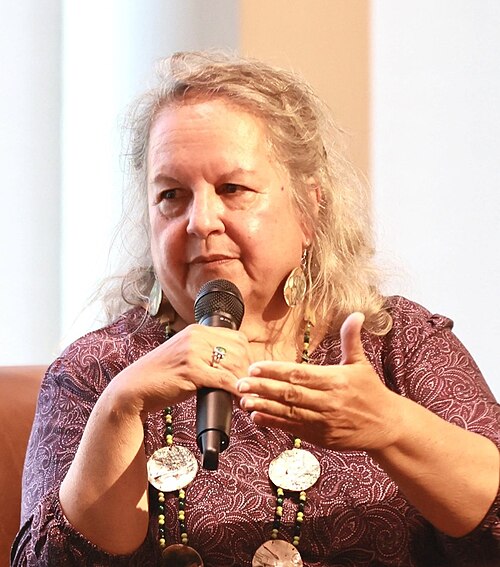
How can we learn from Indigenous wisdom and ecological systems to reimagine currencies of exchange?
This week my friend and colleague Beth Tener wondered aloud how a country as wealthy as ours can leave so many people without the stability and opportunity our prosperity should make possible. She pointed us to Robin Wall Kimmerer’s reimagining of how we exchange value.

Making secondhand shopping feel stylish and enjoyable
Eskilstuna, a city of about 65,000 people in central Sweden, is a university town and an industrial center. The wider municipality has just over 107,000 residents.
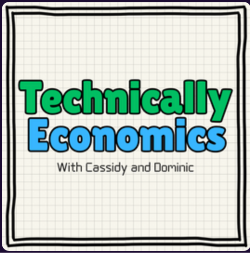
Economics as if people mattered
From my seat at the table it appears that economics is the study of who thrives, who stagnates, who gets left out—and how we might actually fix it. It's for this reason that in a polarized world I find The Financial Times and The Economist to be trusted sources of news and analysis.
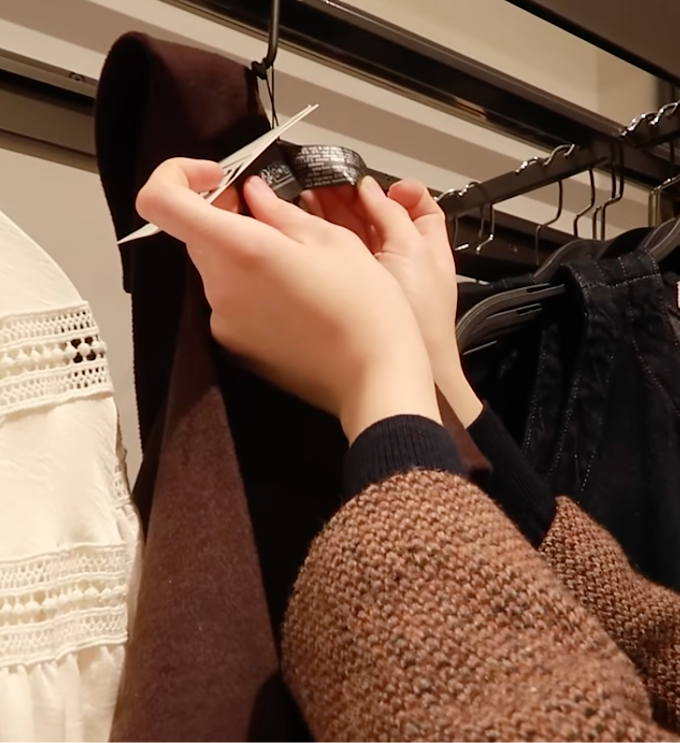
How to assess the quality of clothing in an age of fast fashion and cost-cutting
Bernadette Banner cares about clothing. She is passionate about reconnecting with the intrinsic value that clothing once held—back when people owned only a few garments that lasted and were cared for lovingly. To her clothing historically had “an intrinsic value that we just don't have today,” and in her work she tries to rediscover that sense of worth.

A bakery storefront can be more than a point of sale; it can be a public stage for changing food systems.
Around the world, economic and environmental pressures are growing for people working across the grain and legume value chain. Climate change is hurting cereal yields, baking qualities are declining, and operational costs are rising. But prices have barely moved.
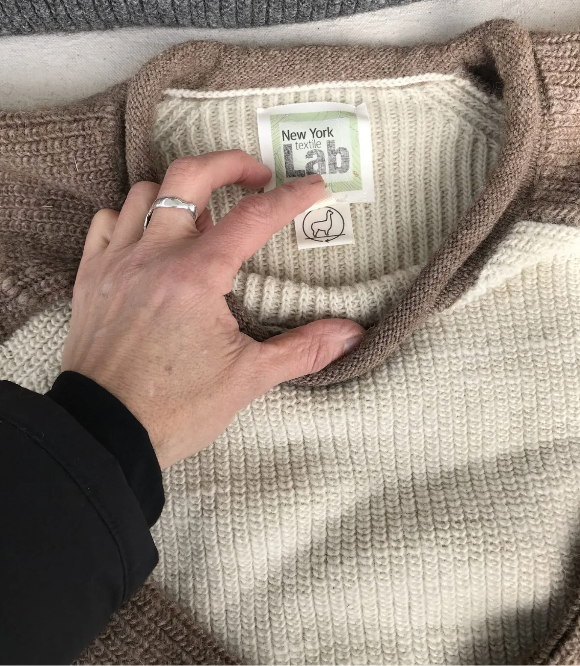
Empowering designers to connect with the beginning of the textile value chain — starting with the farms
The clothing we wear has a story—a journey from soil to garment that connects farmers, designers, and ecosystems.
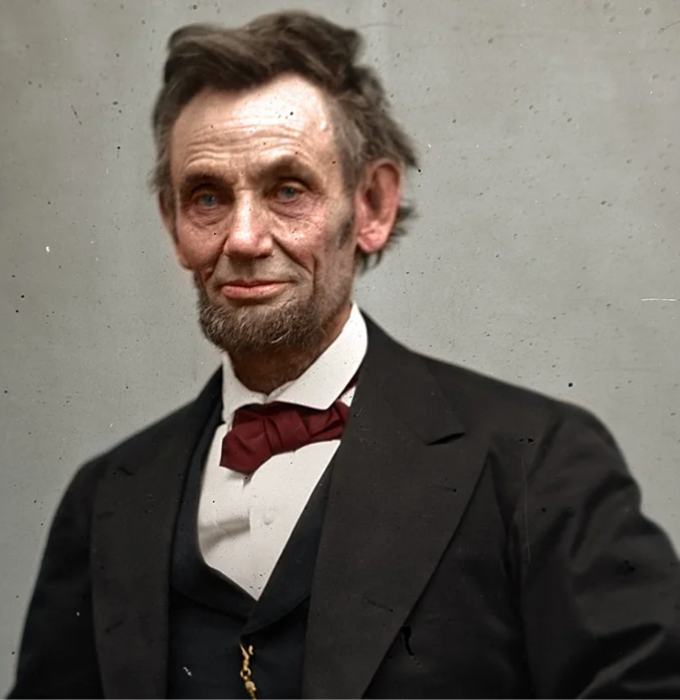
Abraham Lincoln believed that both human advancement and political stability for the American democratic republic depended on workers’ dignity and ability to improve their conditions.
In 1847, Lincoln wrote that goods rightfully “belong to those whose labour has produced them,” and any good government should ensure that workers receive the entire product of their labor “or as nearly as possible.”
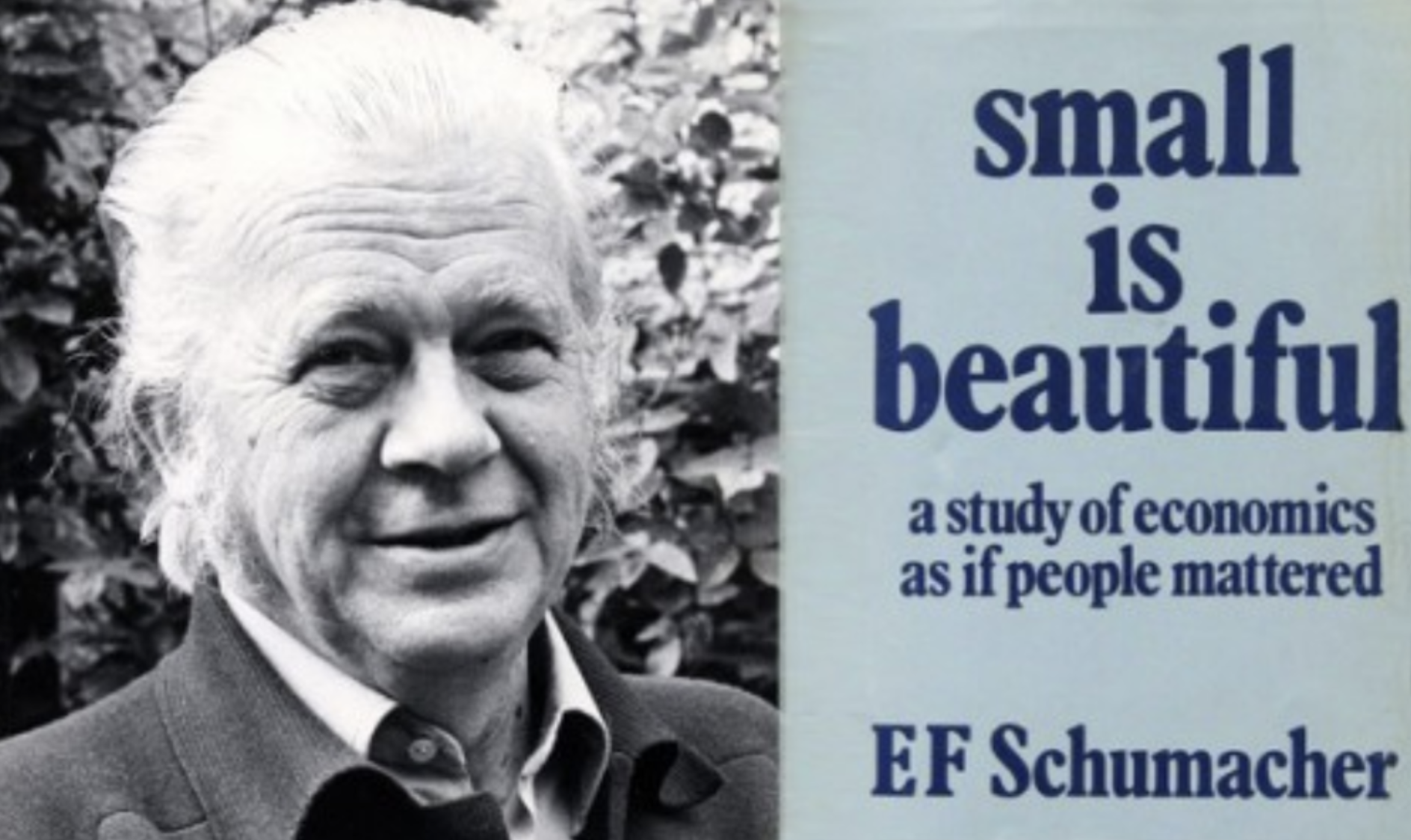
Small is Beautiful
Coming of age in the early 70s I was influenced by a small but influential group of thinkers who channeled the promise of a new age into realistic practicums. EF Schumacher was on the foundational reading list. This week my friend and colleague, John Abrams, wrote a good appreciation of a book from which we are still learning.

'Many of the key political and economic institutions of our society have abandoned their commitments to the common good — and along the way, abandoned the bottom half of the adult population.'
"Much of the public no longer believes that the major institutions of America are working for the many; they are vessels for the few."

Arun Gupta leads food tours around New York City. He's often asked why the same dish might be three of four times as expensive in one restaurant than another restaurant a block or two away.
"The reason for this divergence in price and quality comes to down to how migration, labor and immigration laws, supply chains, and culture all interrelate." - Arun Gupta
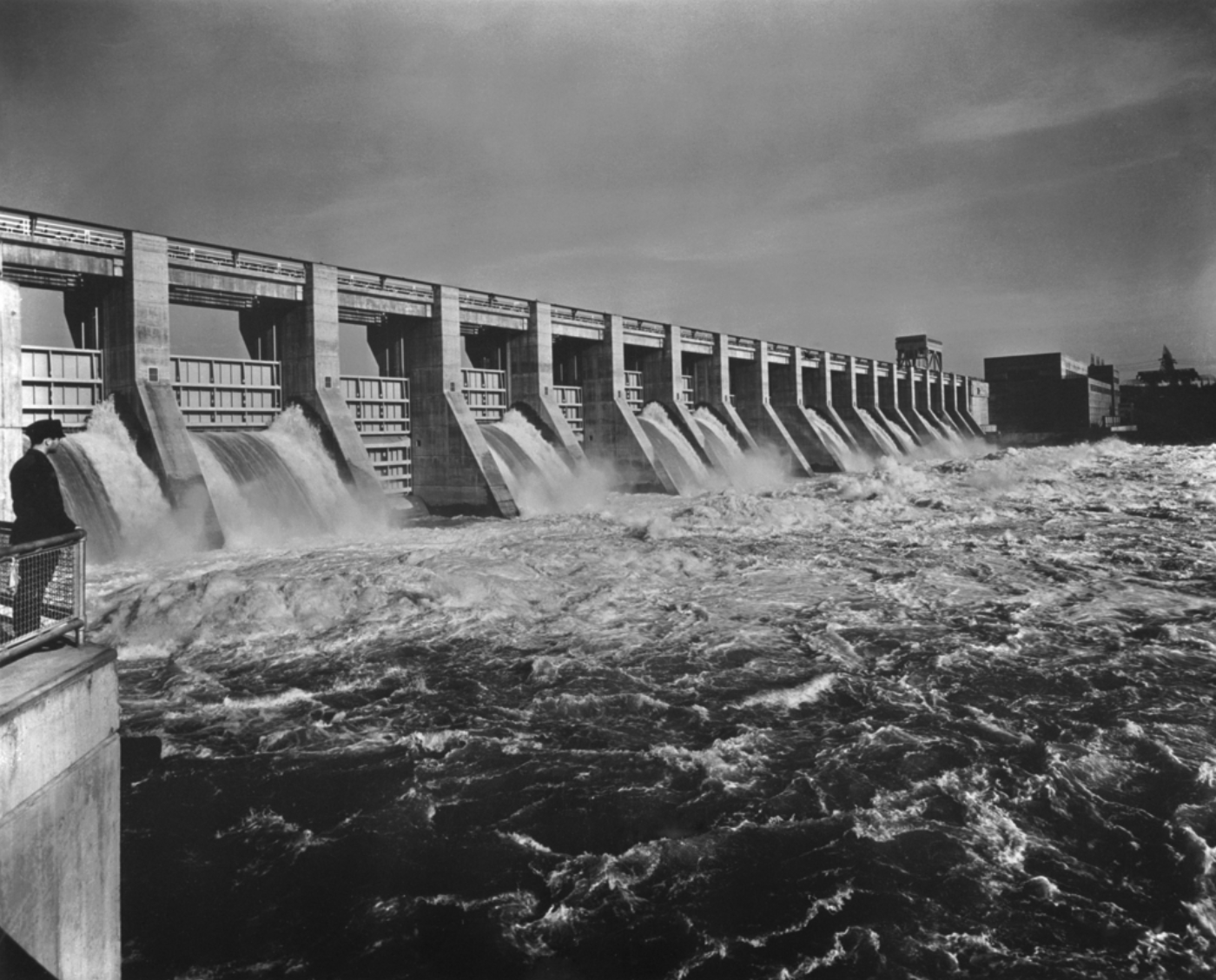
What if we used the principles outlined in the Universal Declaration of Human Rights to define U.S. industrial policy?
President Franklin Roosevelt’s New Deal—which included the construction of the Bonneville Lock and Dam to improve navigation on Columbia River and provide hydropower to the Pacific Northwest—is an example of past U.S. industrial policy.
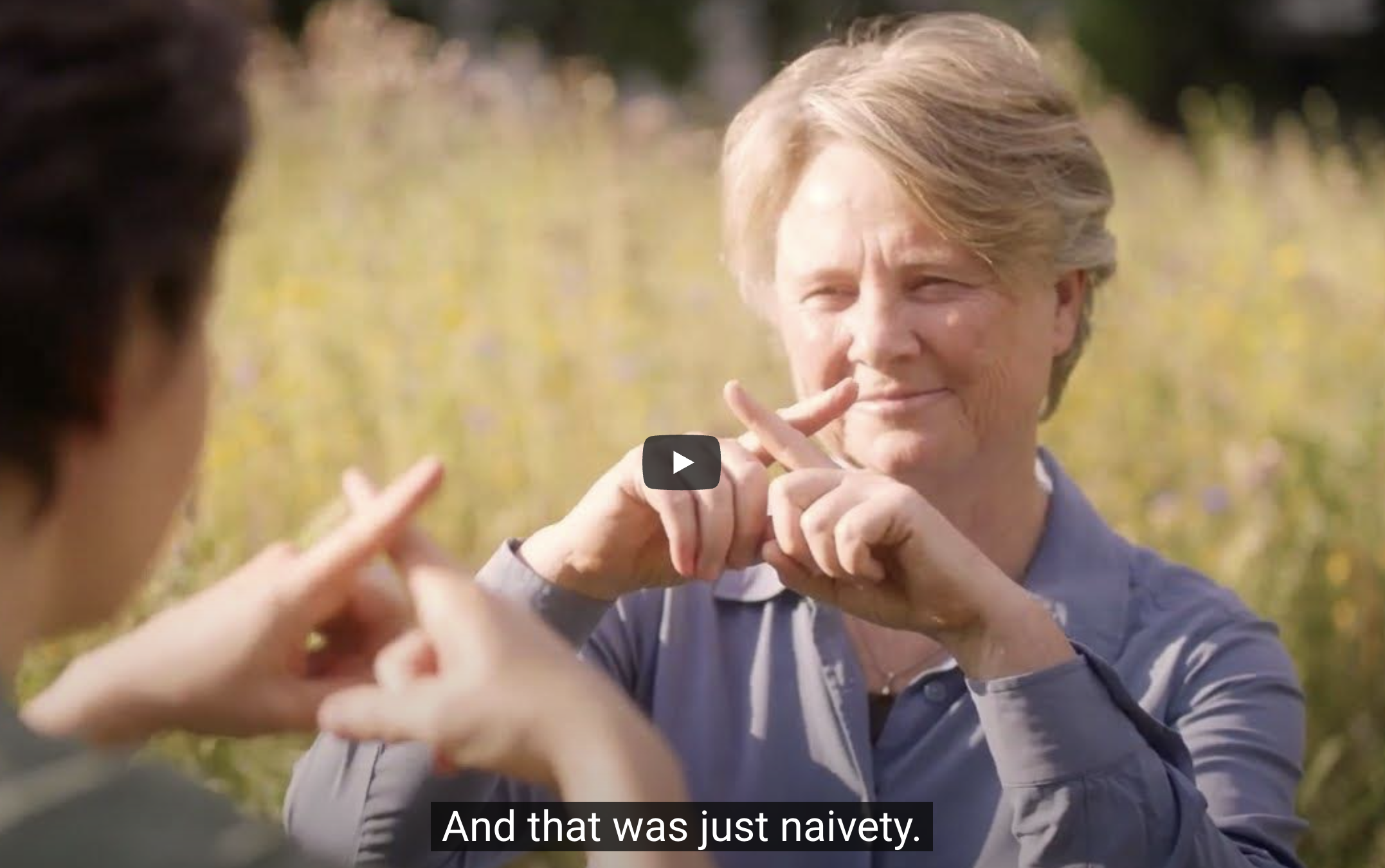
'Life doesn't happen in money. Life happens in nature.'
In her book Doughnut Economics Kate Raworth outlines seven ways to "think like a 21st century economist". In this talk she reconsiders the assumption that humanity is only self-interested and competitive. She is contagiously excited by the fact that at our best we are actually very collaborative and adaptive.
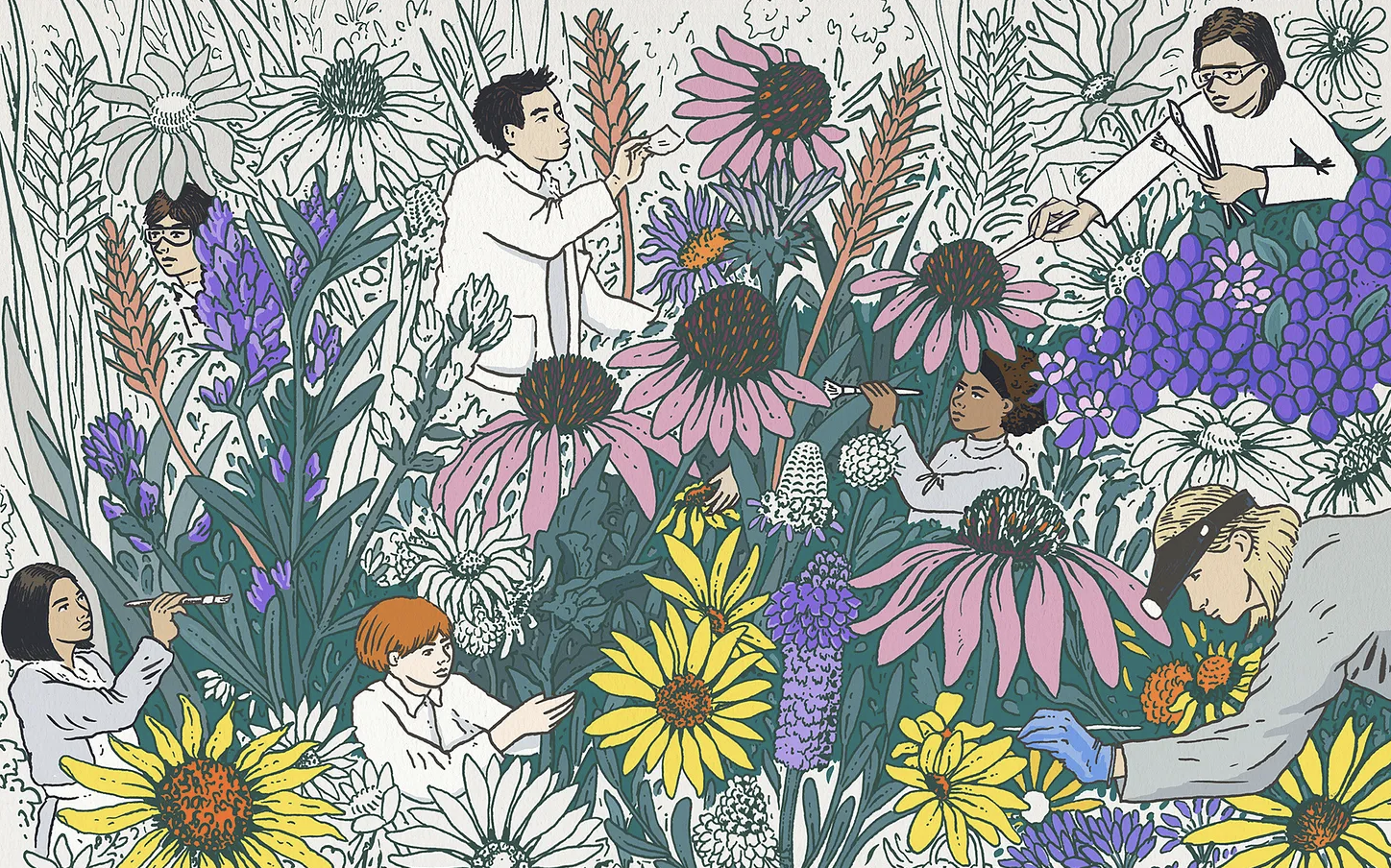
Ecologists take a nuanced, evidence-based approach to intervening in complex adaptive systems. This is how complexity thinking could reboot our approach to public policy.
"Like ecologies, economies are complex adaptive systems. They exhibit feedback loops, delays, adaptation, path dependence, nonlinearity, emergent phenomena and — importantly — people.
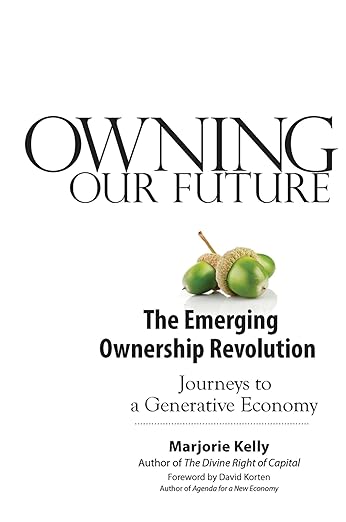
'We are in the midst of the most creative period of economic innovation since the dawn of the Industrial Revolution.'
“This is a book about deep change. It’s about hope. It’s about the real possibility that a fundamentally new kind of economy can be built, that this work is further along than we suppose, and that it does deeper than we would dare to dream."
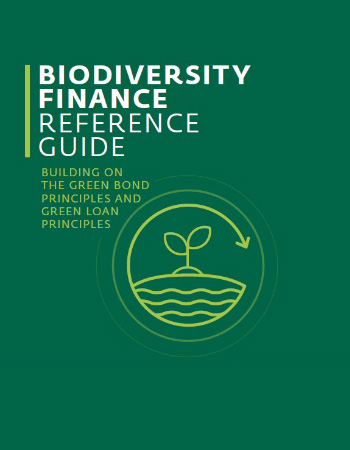
'Nature, underpinned by biologically diverse ecosystems, plays a critical role for national economies and people’s livelihoods and health.'
There is a growing recognition of the need to transition to sustainable business models that protect biodiversity and ecosystem services. Finance and innovative financial solutions are key to supporting this transition; and biodiversity finance has emerged as a fast-growing area in green finance with increased interest from investors, financial institutions, and issuers globally. Currently, however, there is no guidance in the market on project eligibility criteria for biodiversity finance.
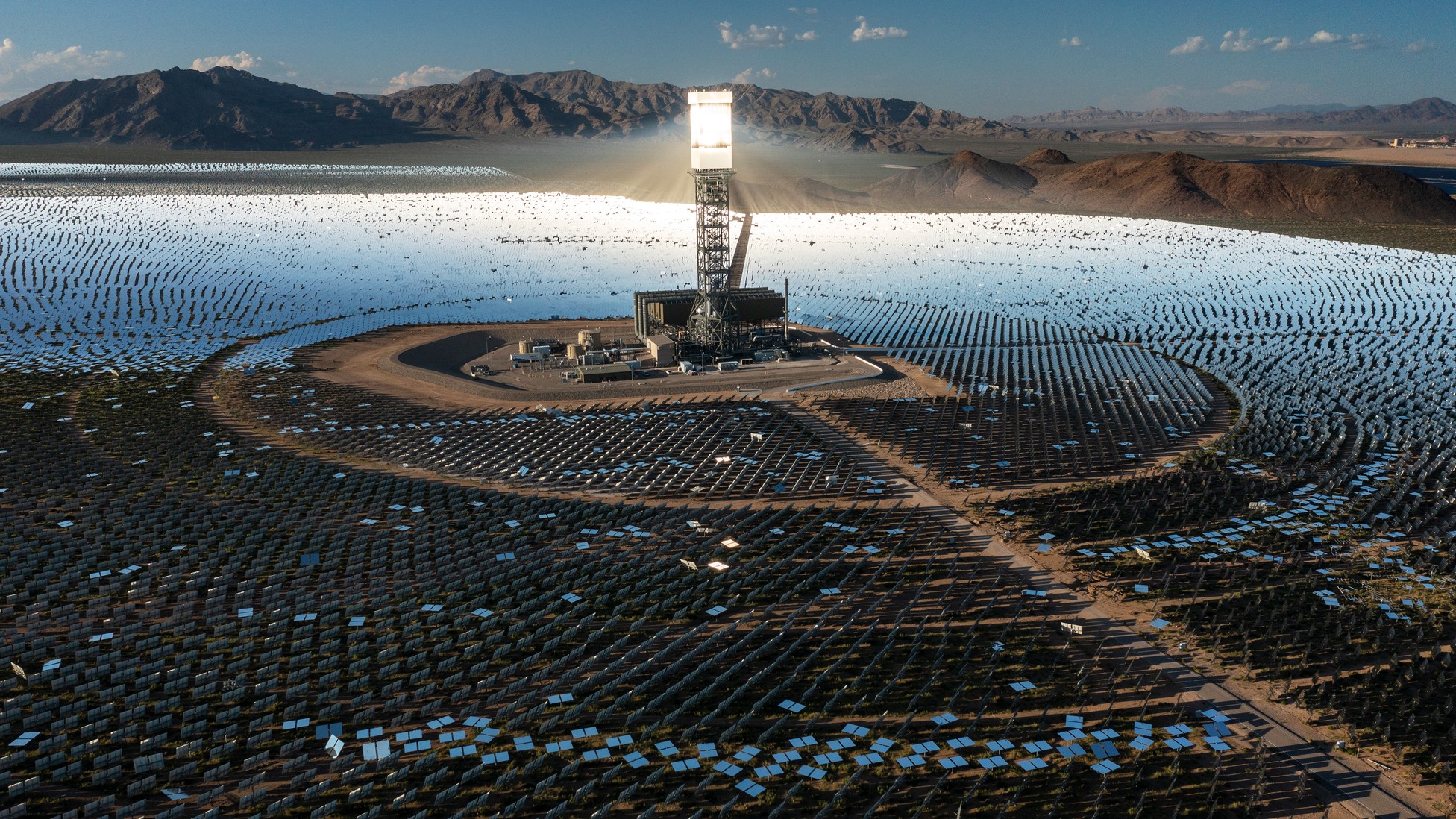
For big corporations, The Inflation Reduction Act “definitively changes the narrative from risk mitigation to opportunity capture.”
"Late in September, analysts at the investment bank Credit Suisse published a research note about America’s new climate law that went nearly unnoticed."

Wealthy countries can create prosperity while using less materials and energy if they abandon economic growth as an objective.
Many industrialized countries are now struggling to grow their economies, given economic convulsions caused by the COVID-19 pandemic, Russia’s invasion of Ukraine, resource scarcities and stagnating productivity improvements. Governments face a difficult situation. Their attempts to stimulate growth clash with objectives to improve human well-being and reduce environmental damage.
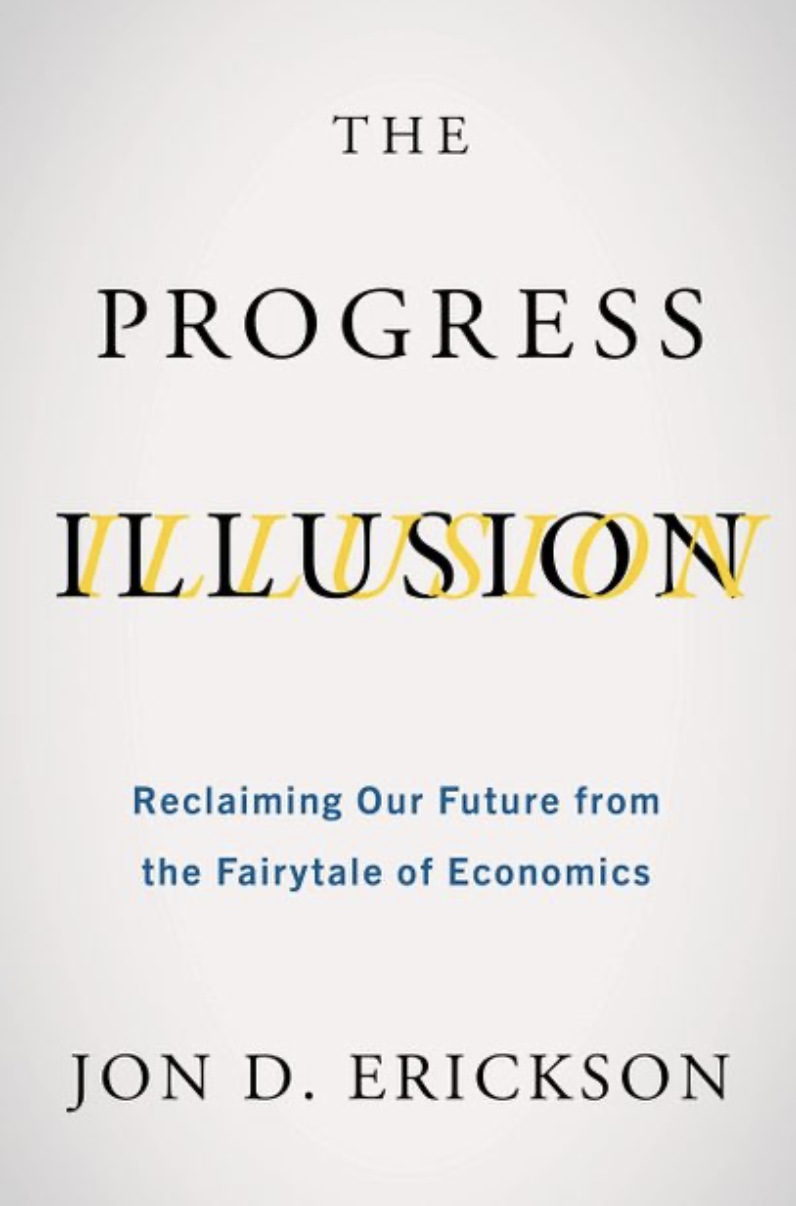
'The goal is people over profit, community over consumption, and resilience over recklessness.'
We live under the illusion of progress: as long as GDP is going up and prices stay low, we accept poverty and pollution as unfortunate but inevitable byproducts of a successful economy. In fact, the infallibility of the free market and the necessity of endless growth are so ingrained in the public consciousness that they seem like scientific fact.
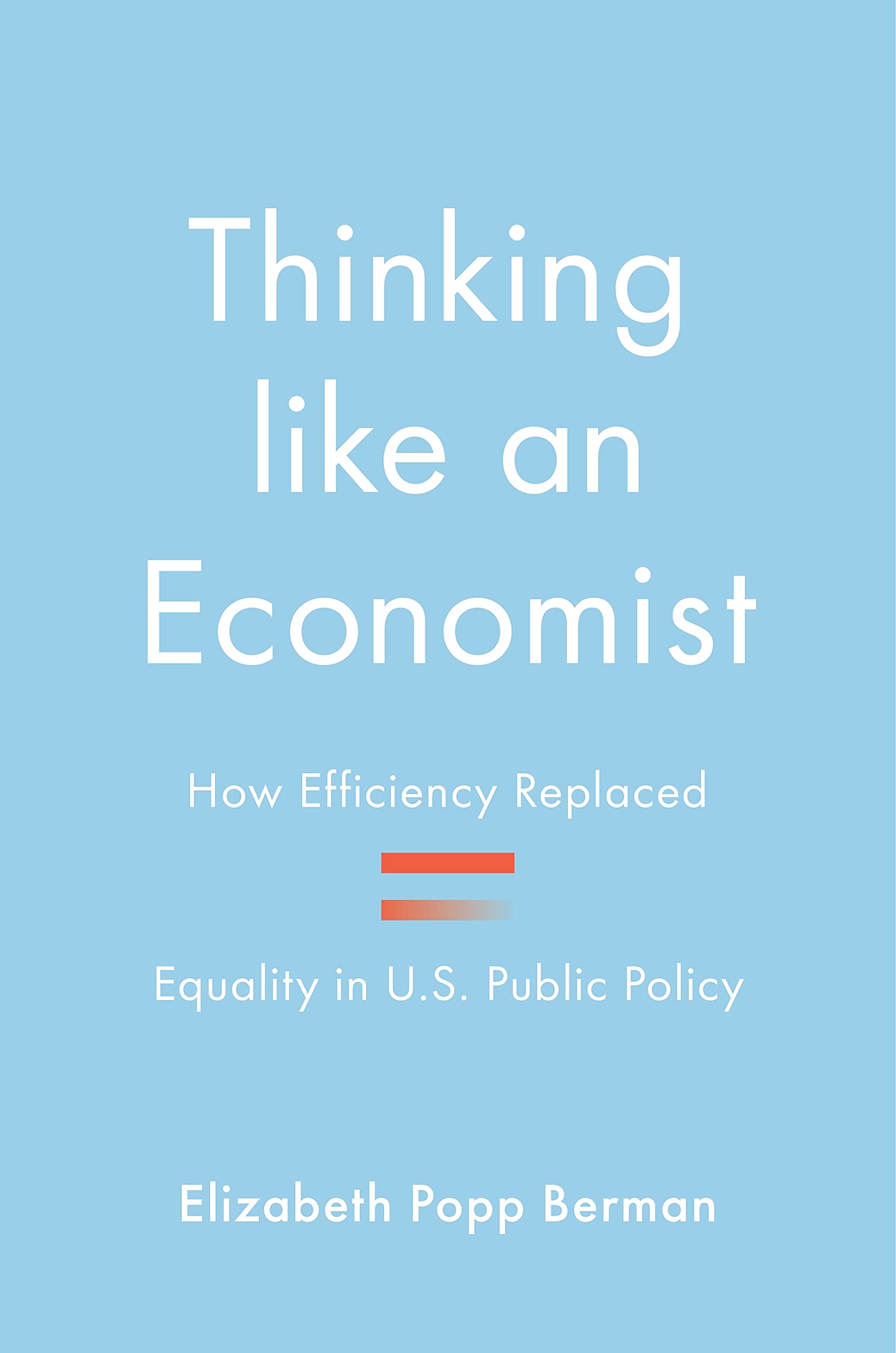
'30 years ago, thinking 'like an economist' would have been taken as good adivice. Today, not so much.'
"When it comes to crafting economic policy, cost-effectiveness, efficiency, choice, and competition have reigned supreme among policymakers for decades. Sociologist Elizabeth Popp Berman says that this style of economic reasoning—prioritizing efficiency above all else—makes good ideas seem like bad policy. She walks us through how that short-sighted style of thinking took hold in DC and explains when policymakers are right to lean on purely economic thinking—and when they should reject it in favor of prioritizing more fundamental values." - Pitchfork Economics

'99% of humanity' is worse off due to Covid-19 while the world's 10 richest men have doubled their fortunes during the pandemic.
"In a new report titled 'Pandemic of Greed,' Oxfam offers a grave assessment of the current state of the public health emergency in an effort to bury the notion that the coronavirus is on its way out and normality is on the horizon—a rosy and potentially dangerous sentiment voiced in recent days by the leaders of rich nations and the executives of powerful pharmaceutical companies." - Jake Johnson

Blockchains give us the power to organize around something other than just maximizing returns for shareholders.
"Governments, corporations, and non-profit organizations just can’t seem to crack society’s biggest challenges.

Transitioning businesses to employee ownership has the potential to significantly reduce the overall wealth gap as well as the racial equity gap.
For many years now, conventional solutions to income and wealth inequality—minimum wage, unions, progressive taxation, or guaranteed income—have failed to gain enough momentum to reverse the trend of greater and greater accumulation among the already well-off.

How to turn fashion waste into healthy ecosystems
"Beauty, function and non-toxic decomposition coexist in this simple flax flower. We challenge the fashion and textile industries to match that performance."
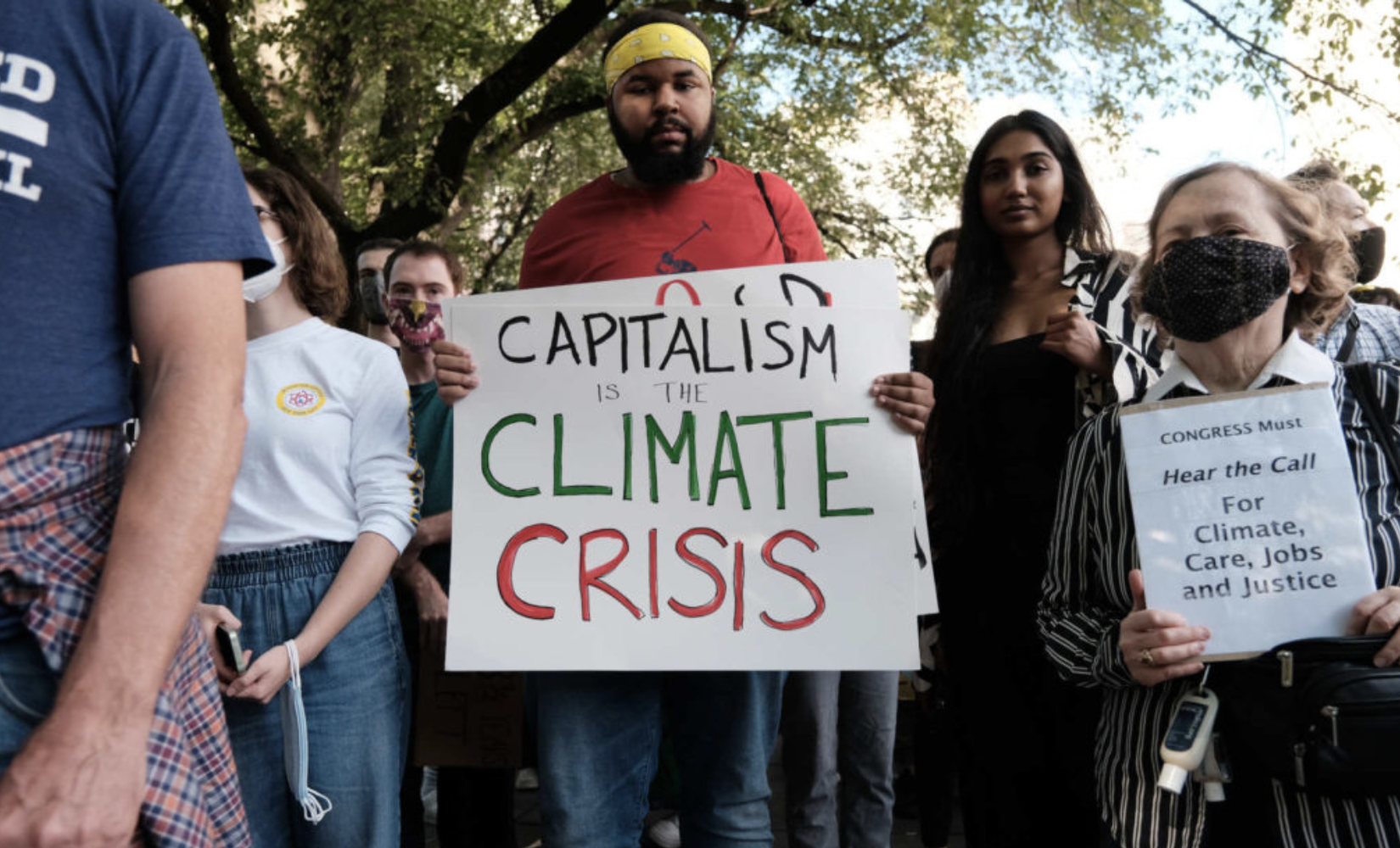
We don't need to sacrifice prosperity, but to redefine it.
Many scientists, politicians, and commentators have disparaged degrowth as unrealistic, and asserted that there simply isn’t enough political will to pursue it. We must act on climate now, they say, and we must act within the parameters of our current economic system. There is no time for a revolution.
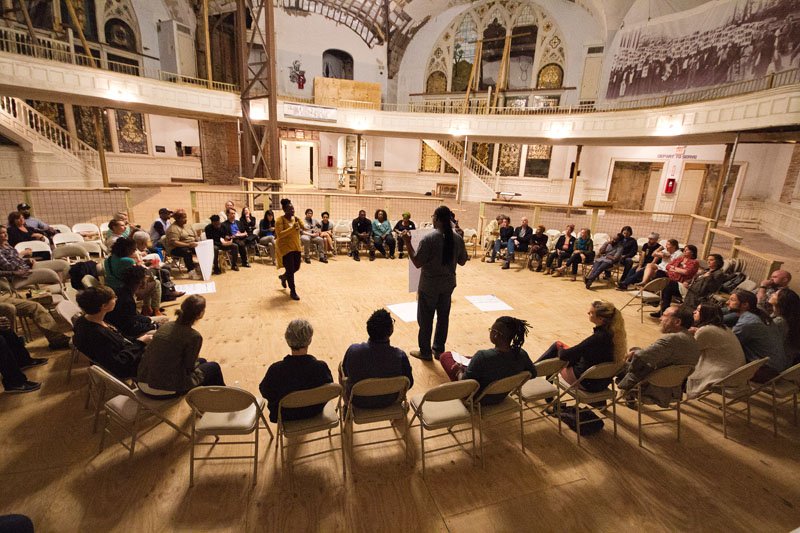
Where restorative justice and economic development meet
The Historic Clayborn Temple served as the home base for Memphis sanitation workers organizing and striking against unsafe and inhumane working conditions faced by Black garbage collectors in 1968.
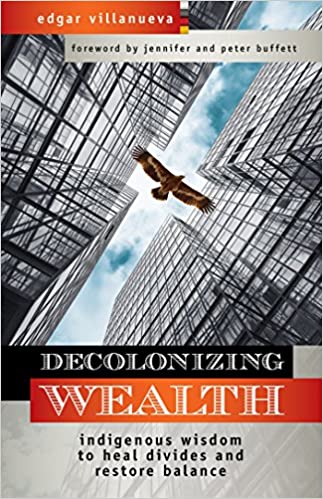
How money can help to disrupt some of the deep, systemic inequities in this country, instead of continuing to feed them.
"In my own Native American belief system, we are all relatives. We are also all infected with what I call the 'colonizer virus' — which urges us to divide, control, and exploit. Nowhere is the virus more symptomatic than in how we deal with wealth."
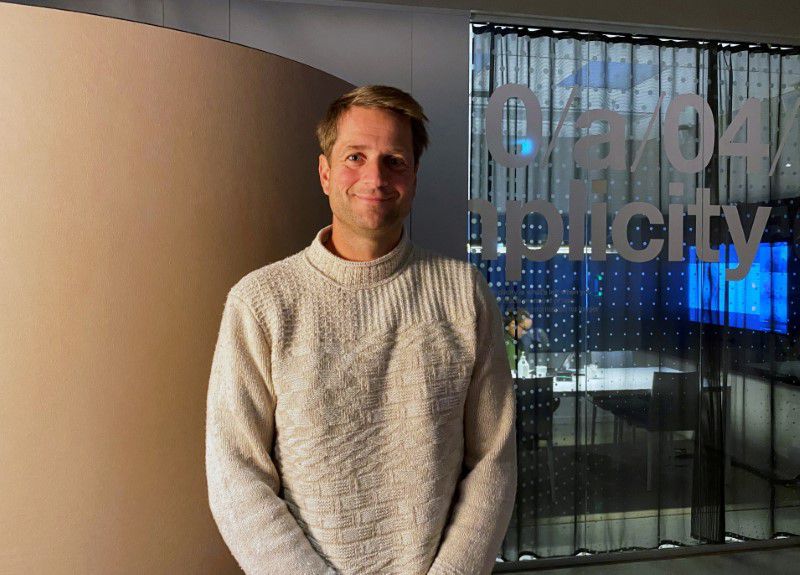
Why did Spotify and Skype start in Sweden? Because Swedish homes had government-supported broadband.
As Klarna's billionaire founder Sebastian Siemiatkowski prepares to stage one of the biggest-ever European fintech company listings, a feast of capitalism, he credits an unlikely backer for his runaway success: the Swedish welfare state.
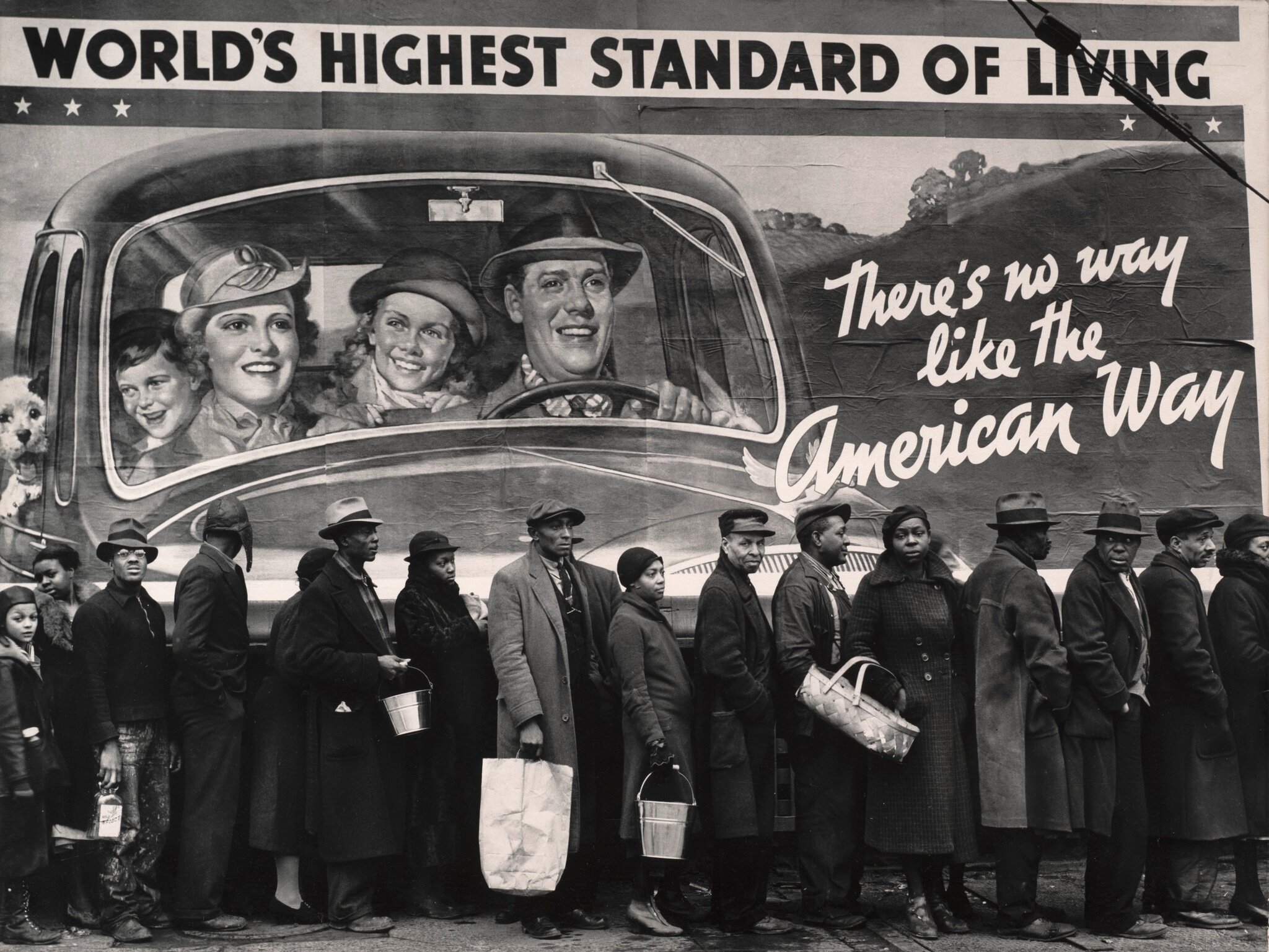
Why can't everyone have well-funded schools, reliable infrastructure, wages that keep workers out of poverty, or a comprehensive public health system equipped to handle pandemics?
"Over a two-decade career in the white-collar think tank world, I’ve continually wondered: Why can’t we have nice things?



